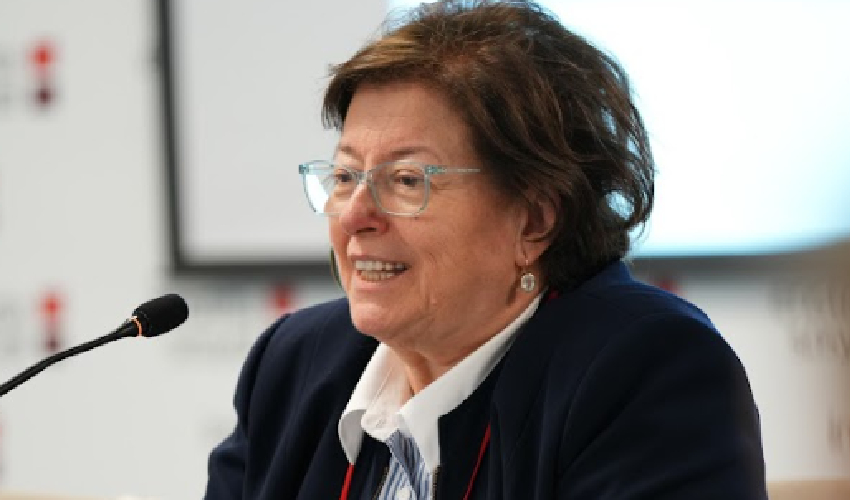Significant changes in Türkiye’s demographic landscape

Türkiye’s population dynamics are undergoing significant changes, with stark shifts in birth rates and life expectancy that distinguish it from EU member states
Over the past two decades, Türkiye has experienced the most substantial drop in fertility rates. Key factors such as the aging population, changes in family planning, shifts in female workforce participation, migration, and work-life balance are shaping the country’s future. These demographic shifts are poised to influence Türkiye’s social, economic, and political realms significantly in the years ahead.
Aging population and rising median age
Data from the Turkish Statistical Institute (TurkStat) reveal that from 2007 to 2023, fertility and mortality rates have declined, leading to an increased elderly population and a higher median age.
An analysis published in April by Institute Social (Enstitu Sosyal) suggests that while it is possible to offset the decline in fertility rates, the slow pace of adjustment indicates that a decrease in the youth population and an increase in the aging population are likely in the medium to long term. This demographic trend could lead to smaller families, slower economic growth, a shrinking workforce, challenges financing social services, and the necessity for transformative social security policies.

Rapid aging: A significant challenge
During a panel titled “Changes in Türkiye’s Population” held on May 2 at Enstitu Sosyal, experts addressed the challenges and opportunities of these demographic shifts. Professor Dr. Mehmet Fatih Aysan from Marmara University pointed out, “Our country is undergoing an aging process that advanced nations experienced over 70-80 years in just 5-10 years.” This accelerated transformation introduces numerous risks, especially in health care, security, social inequality, elderly poverty, and the need for revamped social service policies.
Feminization of aging
Ayse Canatan remarked that Türkiye, once known for its youthful demographics, has rapidly transitioned into the aging nations category, a shift that has occurred without adequate social policy preparation. Notably, women constitute the majority of the population aged 85 and above, highlighting the “feminization of aging.”
Alzheimer’s risk and migration
The final speaker, Dr. Talip Yigit, presented data from his field research showing about 50 million people globally diagnosed with Alzheimer’s. Despite public expenditures of approximately $1.3 trillion, outcomes remain limited. Yigit noted that while the risk of developing Alzheimer’s increases by 1.47 times with each year of aging, it soars to 49.11 times among migrants. This underscores that Alzheimer’s is not merely a personal health issue but also significantly influenced by societal conditions. He also observed higher rates of Alzheimer’s in the Black Sea and Aegean regions, which adopted the slow city model and have higher suicide rates, underscoring the importance of an integrated approach to these issues.



